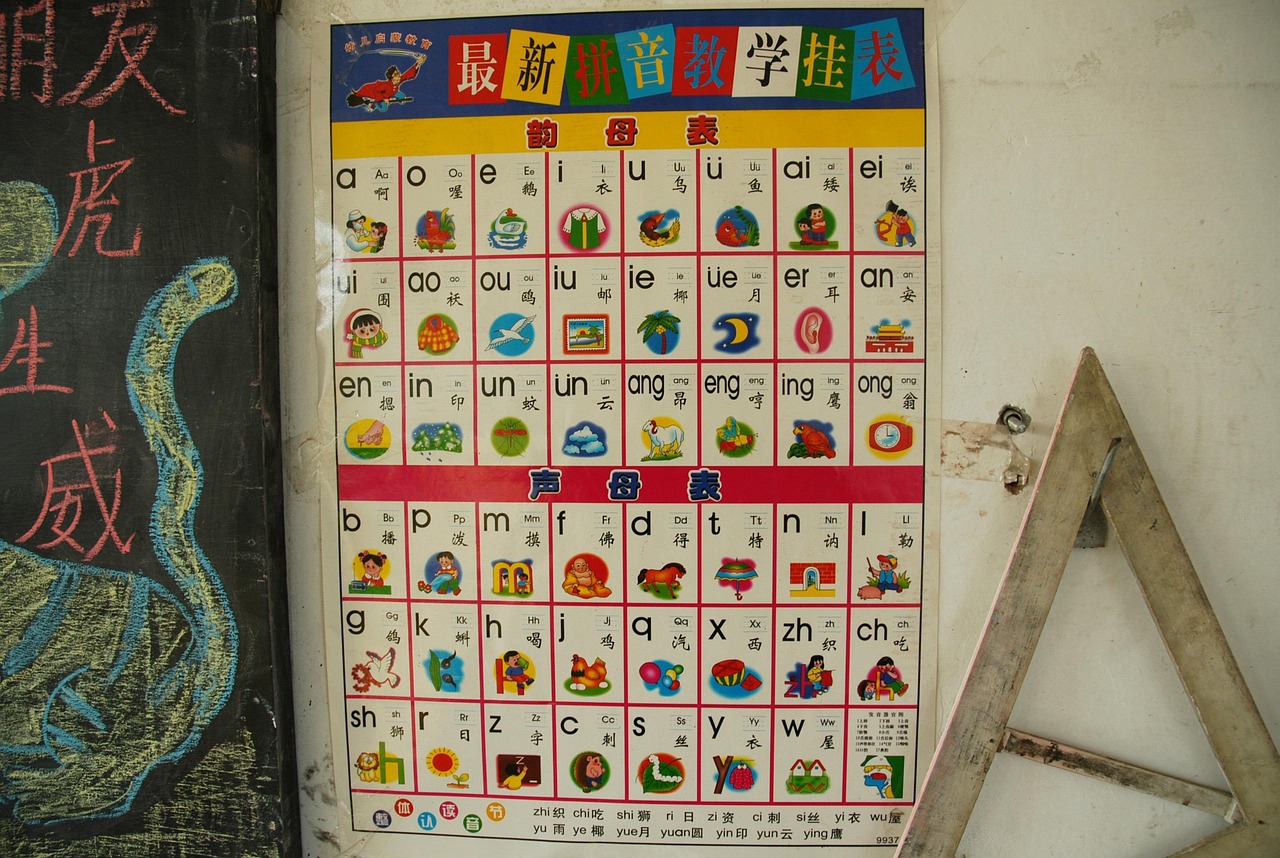Context and Problem
Individuals with communication disorders or cognitive difficulties often face significant challenges in navigating everyday tasks independently. Activities such as making purchases, asking for assistance, or using public transportation can become overwhelming without proper support systems. These barriers not only limit autonomy but also hinder social participation, reducing opportunities for meaningful engagement within the community. A practical and accessible solution was needed to address these communication gaps and promote independence.
Solution
Community request cards offer a straightforward and effective way to support individuals with complex communication needs in their daily interactions. These small, portable cards are tailored for specific purposes and include concise, clear requests paired with corresponding images, ensuring ease of use and comprehension. The cards can be applied across various scenarios, including purchasing goods, participating in activities, seeking help, or expressing emotions.
The creation of community request cards follows a simple process. First, the activity is identified, and the necessary messages for the individual to communicate effectively are determined. These requests are then written using clear, concise language to ensure understanding. Relevant images or illustrations are added to support both the user and the recipient in interpreting the message. Finally, the cards are laminated for durability and repeated use.
Introducing these cards to users involves practice through role-play or real-life situations. Clinicians or support workers initially assist by modeling the use of the cards and providing hand-over-hand guidance when necessary. This support is gradually reduced as individuals become more comfortable and independent in using the cards.
Impact
Community request cards significantly enhance the independence and confidence of individuals with communication challenges. They empower users to interact more effectively in various community settings, reducing frustration and promoting engagement with others. Evidence from surveys conducted by the Department of Human Services in Victoria, Australia, highlights that these tools have increased independence, improved relationships, and fostered greater participation among users.












